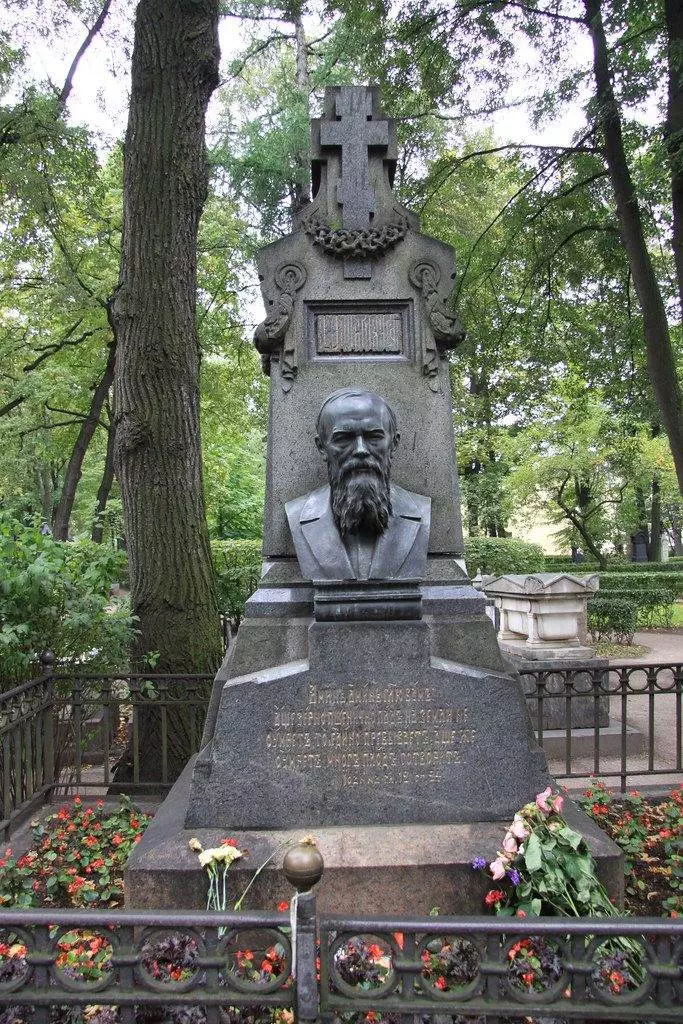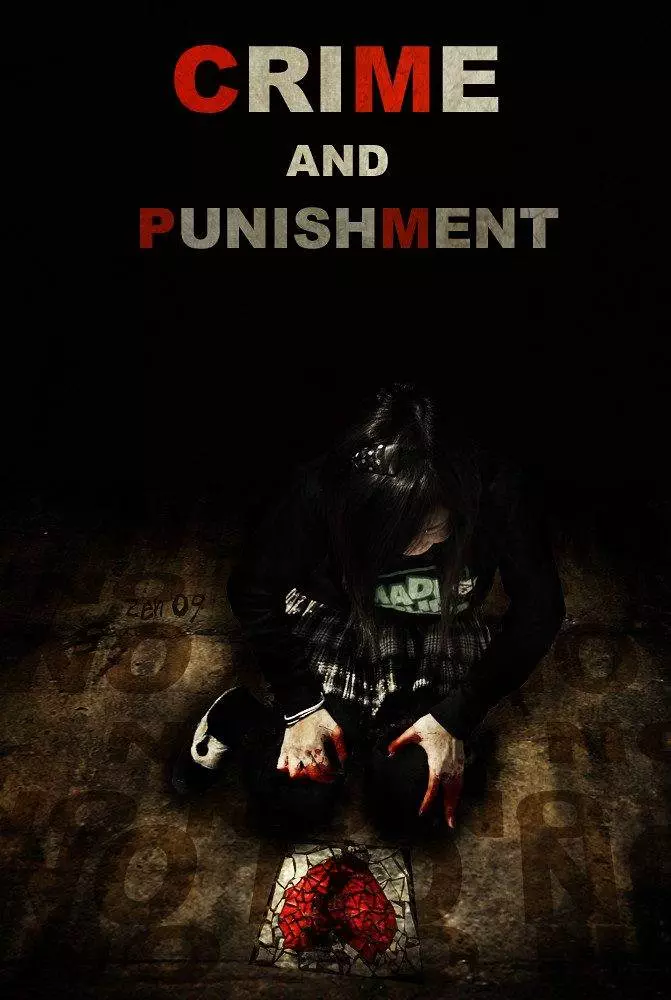Fyodor Dostoyevsky’s classic 1866 Russian novel Crime and Punishment tells the story of Rodion Raskolnikov, an impoverished ex-student in St. Petersburg who formulates a nihilistic theory that some extraordinary individuals have a right to transgress moral laws for higher purposes. He tests his theory by murdering a cynical old pawnbroker, beginning a story of suffering, torment and ultimate redemption. A philosophical psychological thriller, Crime and Punishment probes the psychology of guilt, challenging ideas of radical individualism and exploring the meaning of freedom.
Table of Contents
Plot Summary
The intense story is set amidst the poverty and crowded tenements of 19th century St. Petersburg. Protagonist Raskolnikov is an aloof, acutely intelligent yet destitute man who drops out of university and becomes detached from society and family. Obsessed with his theory of an elite few “extraordinary men” who transcend morality, he murders a loathsome pawnbroker, justifying it philosophically while planning to use her money for good.
But Raskolnikov is racked by confusion, paranoia and guilt after committing the crime. His inner morality wars with his desires for greatness and transcendence. He falls under suspicion from the tenacious investigator Porfiry Petrovich. Meanwhile, Raskolnikov is moved by the steadfast faith and charity of the saintly prostitute Sonia, who urges him to confess and repent. After a cat-and-mouse game, Raskolnikov finally admits his crime and is sentenced to eight years of labor in Siberia. Sonia follows him, giving him hope for moral regeneration.
Themes and Analysis
Key themes in Crime and Punishment include:
- Psychology of guilt and moral alienation
- Theory of radical individualism vs morality
- Struggles between faith and reason
- Poverty breeding desperate acts
- Flaws of utilitarian rationalization of crime
- Power of conscience and Christian ethics
- Psychological effects of murder
Dostoyevsky uses Raskolnikov’s inner turmoil to explore alienation, the unconscious and moral regeneration. The novel rejects radical individualism and nihilism in favor of conscience and religious salvation.
Background and Fyodor Dostoyevsky
Fyodor Dostoyevsky was a Russian novelist, short story writer and essayist born in 1821. His fiction explored human psychology and the philosophical themes of freedom, morality and existentialism.

Relevant context about Crime and Punishment:
- Published in 1866 in the Russian Messenger magazine
- Part of Dostoyevsky’s later mature works after success with Notes from Underground and other novels
- Influenced by contemporary political thinkers like socialism and nihilism
- Reflects Dostoyevsky’s Christian ideals and opposition to radicalism
- Setting of poverty-stricken St. Petersburg underscores themes
- Established Dostoyevsky as a giant of world literature
Analysis of Characters
Rodion Raskolnikov – The protagonist. A brooding ex-student who formulates a theory of radical individualism that leads him to commit murder. Raskolnikov represents alienation from society and family. His inner turmoil drives the novel.
Sonia Marmeladova – A saintly young woman forced into prostitution by poverty. She represents forgiveness, faith in redemption, and Christian ideals that ultimately save Raskolnikov.
Porfiry Petrovich – The persistent police investigator. Intelligent and manipulative, he matches wits with Raskolnikov in a psychological cat-and-mouse game.
Dmitri Prokofich Razumikhin – Raskolnikov’s loyal friend who looks after him throughout his torment and illness. Razumikhin represents steadfast morality.
Katerina Ivanovna Marmeladova – Sonia’s stepmother, driven mad by misfortune. She and her consumptive husband represent the desperate underclass of St. Petersburg.
Read These Too:
- Kingship in Shakespeare’s Histories
- Chaucer’s Canterbury Tales
- Elizabethan Era: Defining Styles, Themes, Impact
Influence and Significance
As a pioneering psychological novel, Crime and Punishment proved highly influential:
- Established modern psychological novel genre exploring alienation and the unconscious
- Raskolnikov became an archetype for the troubled antihero
- Inspired philosophical works about moral relativism and means justifying immoral ends
- Deepest exploration of guilt, alienation and moral regeneration in literature

- Sparked interest in using fiction to explore theories of psychology and philosophy
- Sonya represented the redemptive power of Christian love and forgiveness
- Setting of poverty-stricken St. Petersburg underscored the novel’s themes
Why Read Crime and Punishment
Reasons for Crime and Punishment’s continuing relevance:
- Gripping psychological cat-and-mouse game between Raskolnikov and Porfiry Petrovich
- Deep exploration of alienation, ambition, conscience and moral relativism
- Razumikhin and Sonya represent moral anchors amidst profound guilt and torment
- Ambiguous antihero Raskolnikov embodies complex philosophical questions
- Redemptive ending provides hope of moral regeneration
- Powerful themes of poverty breeding desperation
- Masterful use of St. Petersburg as a grim backdrop reflecting inner worlds
- Story rejects philosophy of radical individualism in favor of humanism
- Novel remains fresh, complex and thought-provoking nearly 150 years later
Conclusion
Dostoyevsky’s Crime and Punishment endures as a psychological masterpiece wrestling with alienation, ambition, conscience and redemption. Raskolnikov’s mental and spiritual struggles provide profound insights into moral philosophy and the human condition. Dostoyevskyrejects radical individualism by showing Raskolnikov’s path to regeneration through Sonia’s steadfast faith representing Christian ideals. The novel continues to inspire philosophical debate and adaptations, remaining startlingly timely in its moral questions and vision of salvation.


